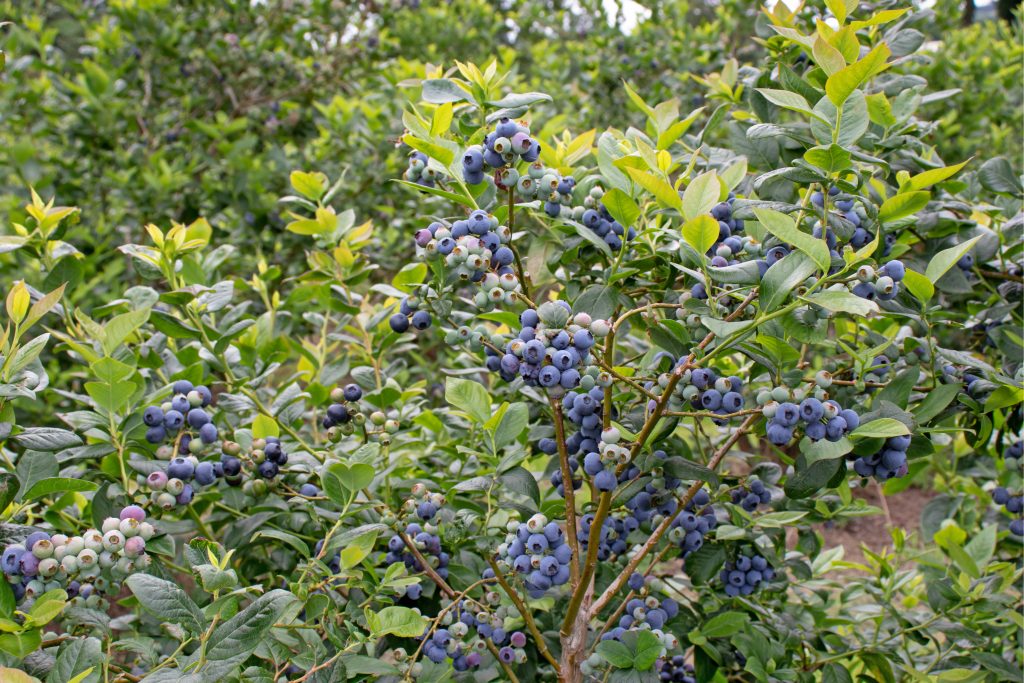
A decision could come soon for Southeast blueberry growers hoping to find relief from seasonal imports causing harm to their farming operations.
The International Trade Commission (ITC) heard the American Blueberry Growers Alliance Case in early January. Now, it will formulate a recommendation for President Biden to decide how to move forward.
“I think the data makes the case for us. I think we have the data on our side. It’s hard not to look at the data and see what’s going on,” said Ryan Atwood, who lives in Mount Dora, Florida and farms 56 acres of blueberries, manages another 350 acres and is part-owner of the largest packing house in the Southeast United States.
Gloomy Picture
The statistics paint a picture of Southeast blueberry producers struggling to compete with imports from other countries, namely Mexico.
Florida Ag Commissioner Nikki Fried said Florida’s blueberry market share had declined by 38% since 2015. Mexico’s market share has increased by 2,100% since 2009.
Brittany Lee, Executive Director of the Florida Blueberry Growers Association said in 2010, when her family planted blueberries, there were only 1.8 million pounds of Mexican blueberries in the Florida window of March, April and May. Last year, there was 51.68 million pounds in that window.
Jerome Crosby, Chairman of the American Blueberry Growers Alliance, testified that imports of fresh blueberries have increased 75% over the past five years and is only expected to worsen.
According to the American Blueberry Growers Alliance, the U.S. Department of Agriculture Marketing Service reported a 68% increase in imported fruit from Mexico from 2019 to 2020, amounting to more than 15 million pounds of fresh blueberries during a 14-week period. Mexico, along with Peru, Chile, Canada and Argentina account for more than 98% of total U.S. imports. Import values increased from $530 million in 2014 to $1.2 billion in 2019.
Opposing Groups
Groups who opposed the blueberry’s alliance case also made their case to the ITC. Atwood believes their makeup consisted mostly of marketers and not farmers.
“The only thing that I felt hurt us was they tried to portray themselves as a bunch of growers. Honestly, it was marketing interests that were being represented on the opposition,” Atwood said. “I think anyone who knows the industry and knows the players and knows who was on who’s side know it was marketers on the other side and growers on our side. It was pretty clear.”
Now comes the hard part…waiting. A recommendation from the ITC and a decision from President Biden could come as early as March.
“I don’t know how this will all turn out if the president will sign it. That’s to be determined, to be seen. I think there’s a lot of us that are really interested in the outcome. One good thing about the process, it’s a fairly quick process when you think about it in terms of being politics,” Atwood said. “Start to finish, it’s going to end up being what, four, five, six months? I’m pleased at least that it wasn’t like we were dragging this thing out over three or four years.”









